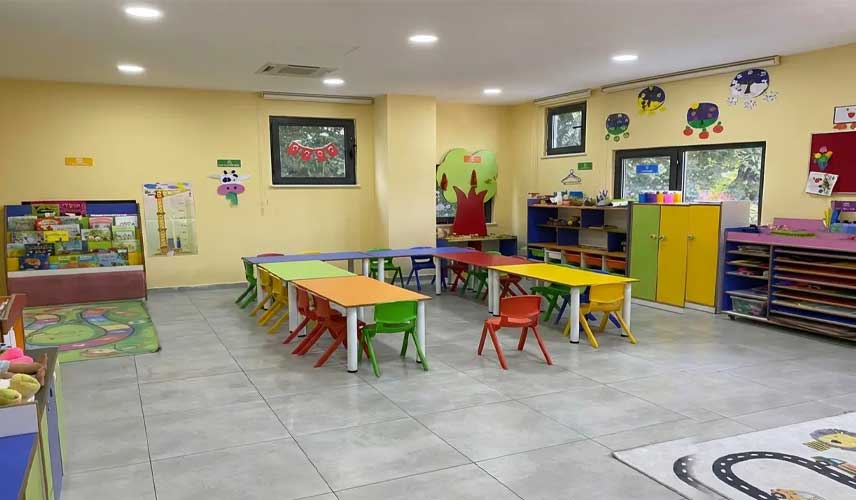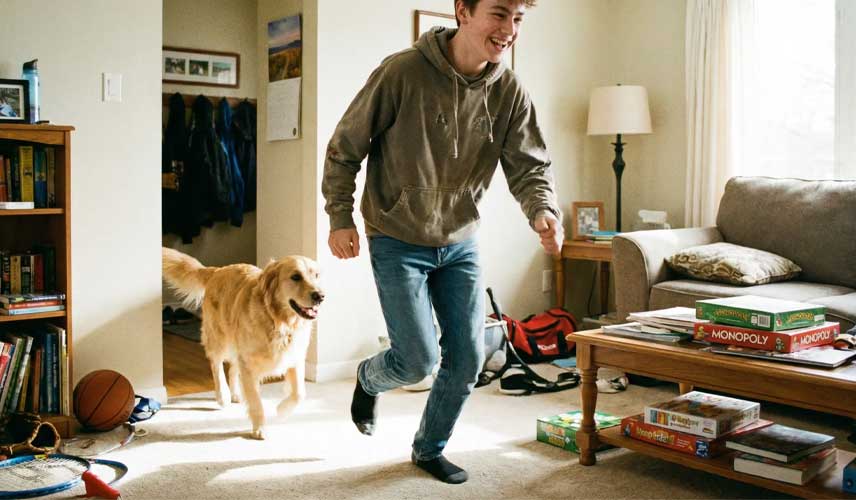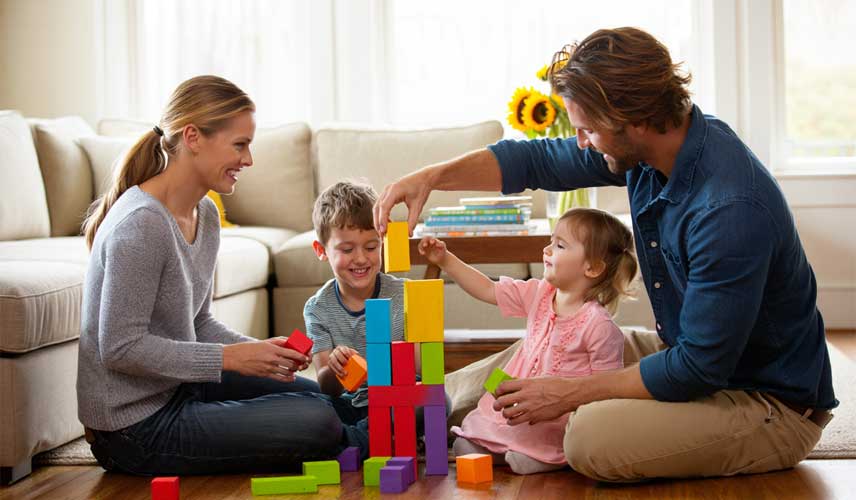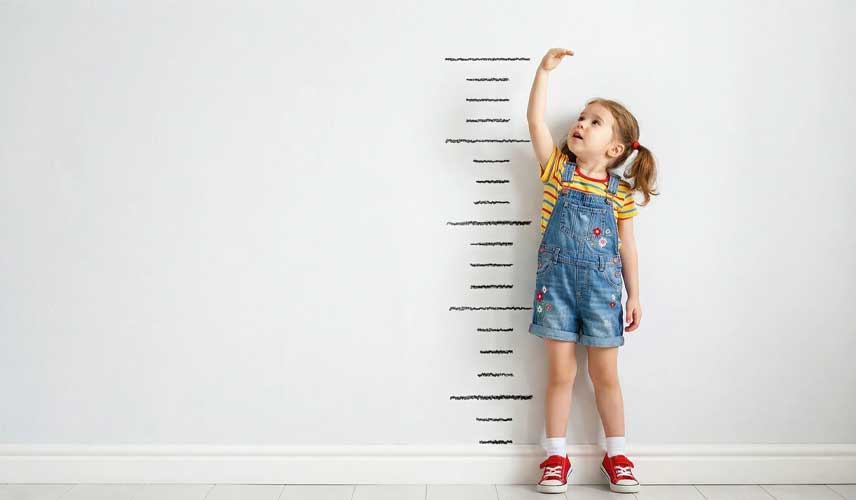
Give Your Child Responsibility So That a Sense of Responsibility Develops

When your baby is born, everything is completely dependent on you. As months and years go by, this situation changes. As parents, your ultimate goal is for your child to stand on their own over time and to be someone who can continue their life with their own mind, knowledge, and skills. You want them to become increasingly independent and self-sufficient, as you wish for them to be able to cope with life and succeed without your presence or support. One way to ensure this is to act in a way that fosters a sense of responsibility in children. By giving your child age-appropriate responsibilities that match their abilities and skills, you can help them become a confident, independent, and successful individual.
Responsibility and a sense of security in a child develop in parallel. The foundation for both feelings must be laid in the early years of life. You can start teaching your child to be a responsible person when they are around 2-3 years old. Children aged 1-3 can pick up an object they drop and start putting their toys in the toy box. It is important to avoid doing things for your child that they can do themselves. Your 3-year-old can take off their clothes with your help and carry them to the dirty laundry basket. A child learning to hold a spoon can eat on their own, even if they spill a little.
To develop a sense of responsibility in children, the tasks requested from them should be appropriate for their age group and personal characteristics. If something is asked of a child that exceeds their capacity and they cannot achieve it, their self-confidence will be shaken. Your expectations should be reasonable, and even if they cannot do something perfectly, such as folding their sweater neatly, you should praise the effort they put in. When your child successfully completes a responsibility given to them, you should not neglect to appreciate them with detailed words. Saying, "Thank you for picking up your toys, you are really helping me" is more effective than just saying, "Good job, my son/daughter."
Do not assign a monetary value to your child's good behavior and achievements; do not say that you will give them something if they do this. While doing this occasionally may not have a significant impact, if it becomes a habit, the child will turn into someone who does certain behaviors for rewards rather than because they are correct, necessary, and appropriate.
A child should be taught to do things they can do on their own, such as peeling a mandarin. Allowing them to help with some tasks is also beneficial. For example, they can put away the socks you folded or wash and wipe with a dust cloth. These types of responsibilities will, of course, vary according to the child's age. We mentioned above that the sense of responsibility and security in children develops together. When you act this way, the child understands that they also have certain tasks, and their self-confidence increases as they succeed in doing things.
If a child is unable to do something as required despite their efforts, they should not be forced. Be a little patient and show them how to do it; they will succeed in due time.
Children reflect their parents' behaviors and pay more attention to their actions than their words. Therefore, you should also be careful to set a good example for them in this and every matter. You should behave as you want your child to be. You should ensure that your words do not contradict your actions, offer promised rewards, avoid threatening with punishments you will not implement, and carry out the punishments you give. Parents may have to punish their children when they do not achieve the desired result. In this case, be careful that the punishment you give is fair. And if your child continuously repeats a flawed action, instead of constantly punishing them for it, investigate why that flaw keeps recurring. There may be an underlying issue you are unaware of.
Child Development and Education Other Content in the Category

Child Development and Education
Ways to Develop Fine and Gross Motor Skills in Children

Child Development and Education
First Day at Kindergarten: 12 Tips to Ease the Transition

Child Development and Education
6 Tips for Success

Child Development and Education
8 Reasons for Attention Difficulties in Children

Child Development and Education
Problems Related to Homework and Solutions

Child Development and Education
15 Life Skills Your Teen Should Acquire

Child Development and Education
35 Positive Messages Your Child Needs to Hear

Child Development and Education
10 Characteristics of Good Enough Parents

Child Development and Education
Child Development: The First 5 Years

Child Development and Education
7 Things You Need to Do to Raise a Well-Rounded Child

Child Development and Education
14 Effective Methods to Improve Children's School Success

Child Development and Education
8 Tips for Positive Parenting

Child Development and Education
10 Ways to Communicate Well with Children

Child Development and Education
How Does Changing Schools Affect Children?

Child Development and Education
